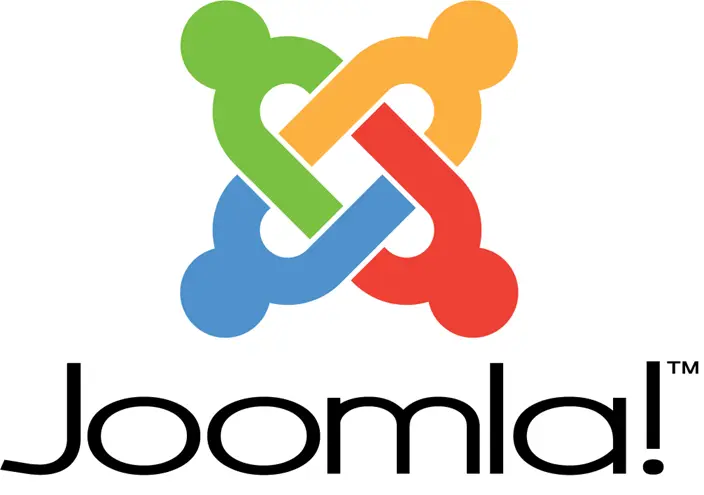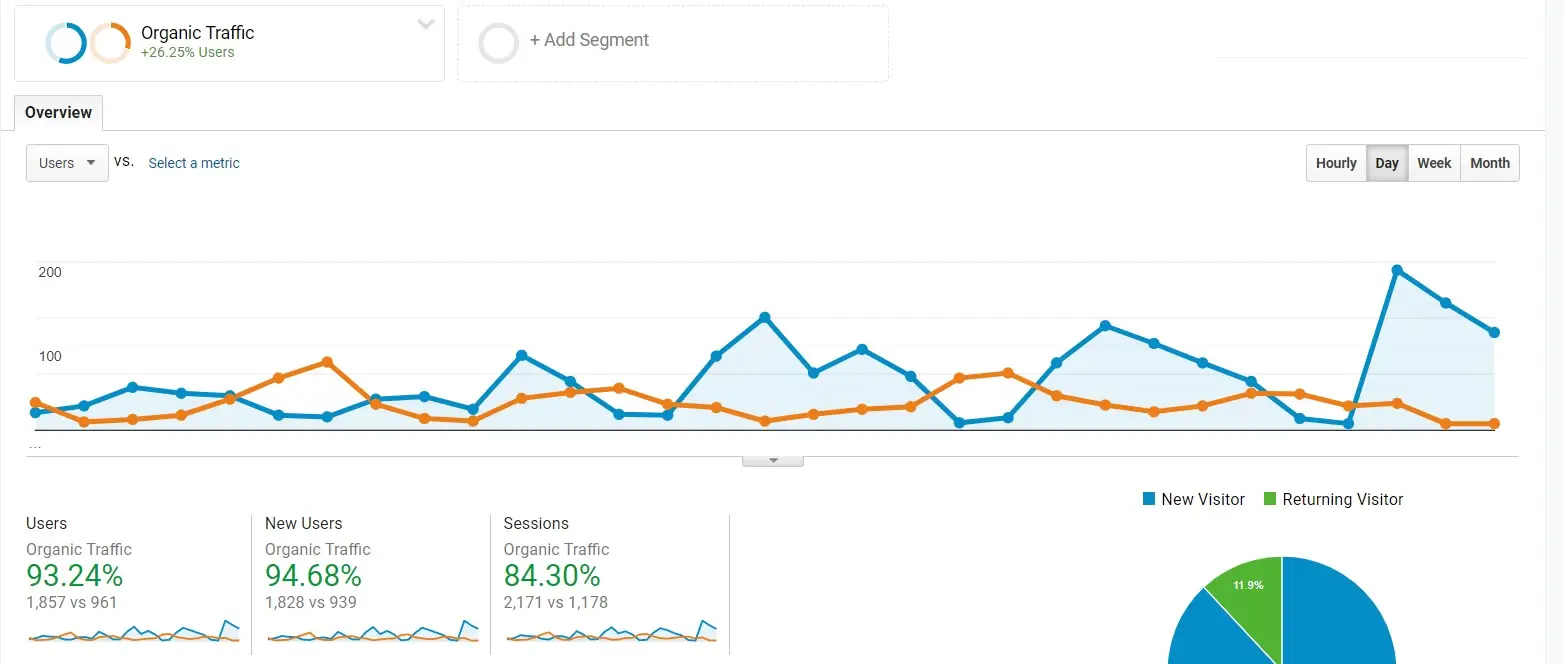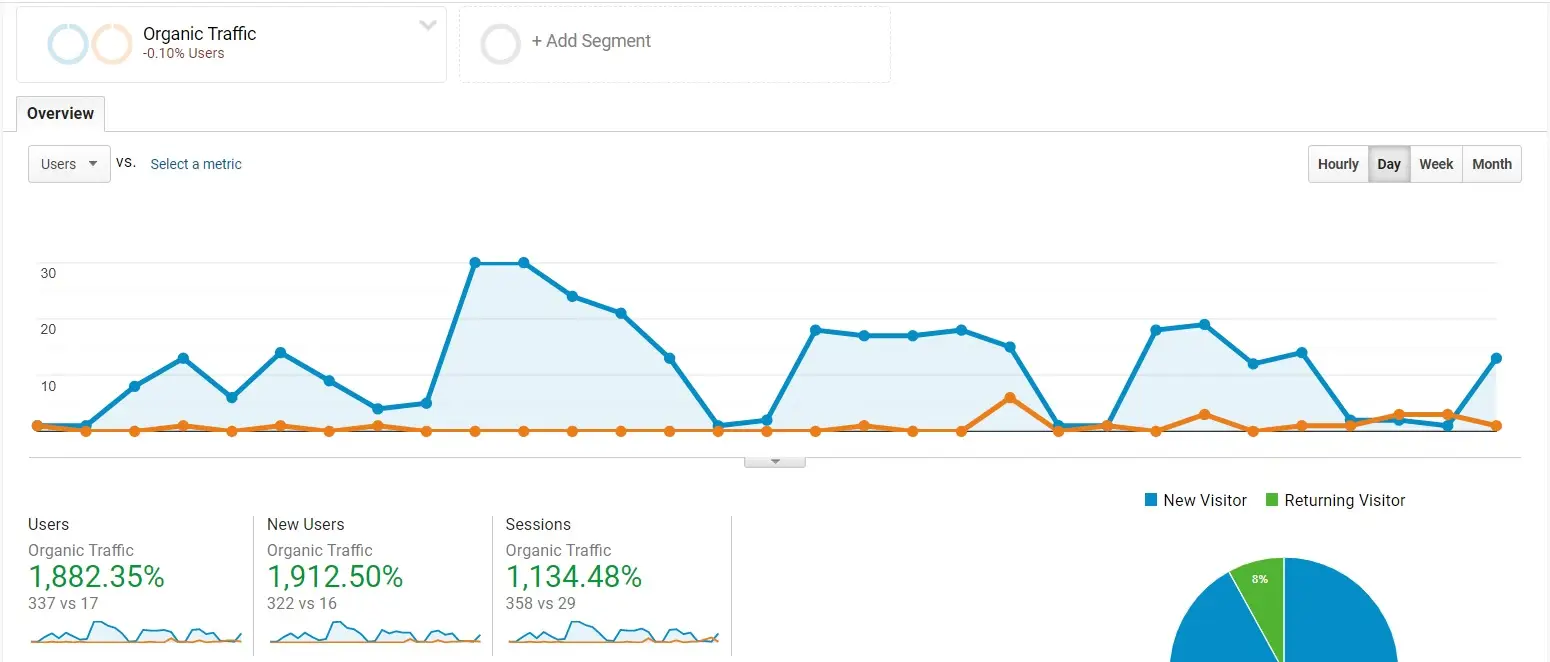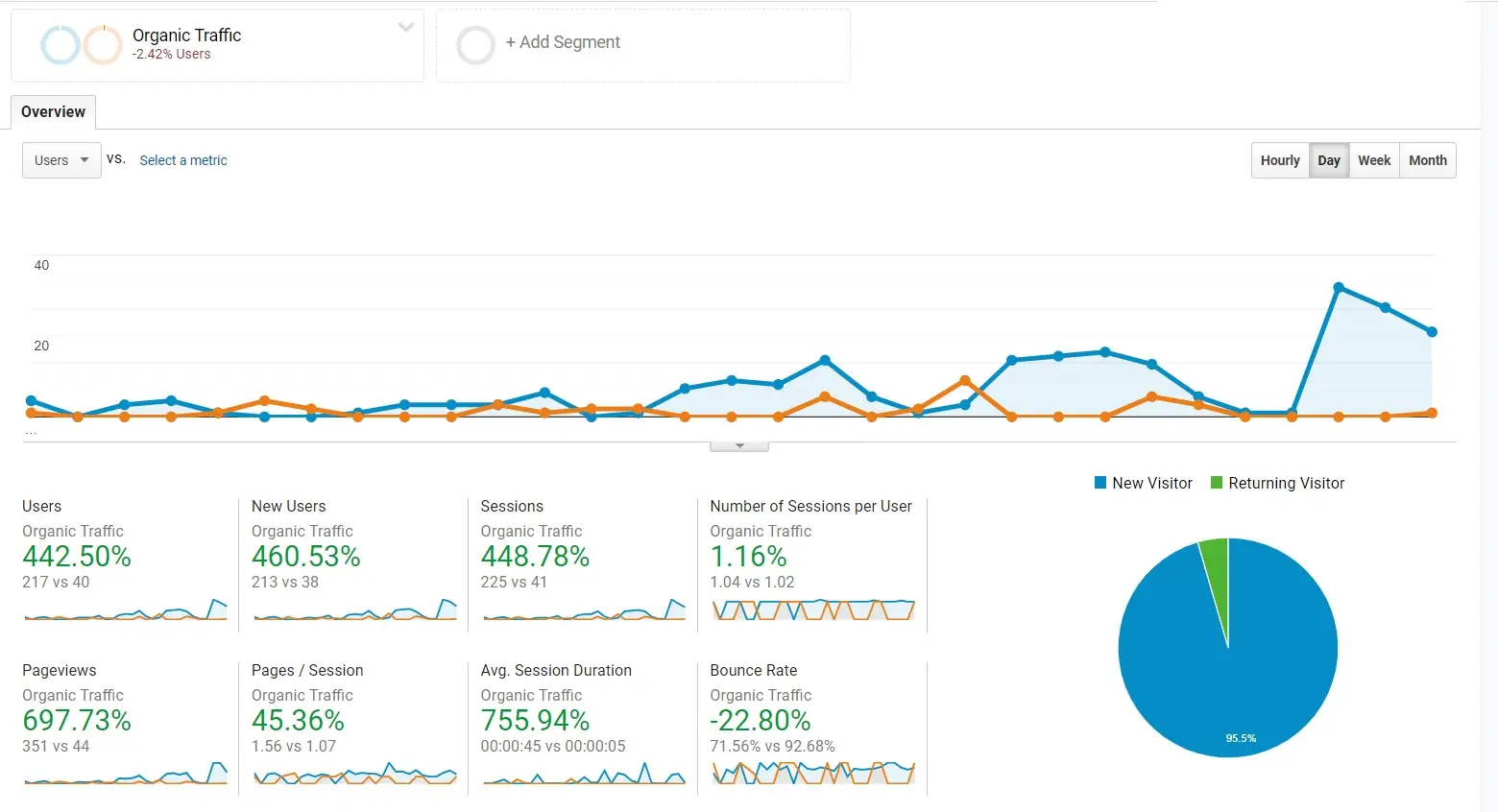Unlock your SEO Potential: From Malta to Global domination
SEO serves as a pivotal catalyst for businesses seeking to broaden their reach, especially within Malta’s dynamic market. Our meticulously crafted SEO strategies, effectively target consumers who are actively searching for keywords related to your business.
SEO Web Up will not only reinforce your brand’s authority but also nurture a meaningful connection with the target community. A well-executed SEO strategy has the potential to transform your website into a formidable instrument for driving targeted traffic, enhancing your credibility, and ultimately fostering sustainable growth.
Embrace the opportunity to unlock your business’s full potential by strategically targeting most sought-after locales, where the efficacy of location-based SEO is unmatched. Or optimize your online presence and engage targeted audiences worldwide with our international SEO expertise!
Industry Spotlight (Malta): Digital Triumphs and Secrets of Online Success
1. The Thriving iGaming Industry
Malta’s iGaming sector is a powerhouse, with well-known companies like Betsson and Kindred Group leading the charge. These businesses are masters of online marketing, utilizing extensive affiliate programs to tap into wider audiences through strategic partnerships. They invest heavily in search engine optimization (SEO) and content marketing, crafting engaging articles and videos that attract organic traffic. On social media, they employ targeted advertising to reach specific demographics, ensuring that their promotions resonate with potential players. This combination of strategies helps maintain Malta’s reputation as a premier gaming destination.
2. Tourism and Hospitality: A Digital Showcase
Tourism is the lifeblood of Malta’s economy, and the hospitality sector is leveraging online marketing to enchant potential visitors. Hotels and travel agencies partner with online travel agencies (OTAs) to boost visibility and use visually stunning social media content to showcase the beauty of their offerings. Engaging email marketing campaigns keep past guests informed about special promotions and local events, encouraging them to return. The result? A captivating digital presence that invites travelers from around the globe to explore the wonders of Malta.
3. Financial Services: Building Trust Online
In the realm of financial services, companies, including fintech innovators, are turning to online marketing to establish credibility and educate clients. Content marketing is key here, as informative blogs and webinars on financial literacy not only engage audiences but also build trust. By actively participating on LinkedIn, these firms connect with professionals and potential clients through targeted ads. Hosting webinars allows them to showcase their expertise in real-time, fostering a sense of community and trust that’s crucial in the financial sector.
4. E-commerce: The Digital Marketplace
The e-commerce scene in Malta is buzzing with activity, as local retailers and international brands embrace the digital marketplace. Pay-per-click (PPC) advertising on Google drives significant traffic to online stores, while social media shopping features enable businesses to sell products directly through platforms like Instagram. Targeted email campaigns not only promote special offers but also build lasting customer relationships, turning casual shoppers into loyal fans. In a world where convenience is key, Malta’s e-commerce businesses are making it easier than ever for customers to shop online.
5. Innovative Tech Startups
Malta’s tech startup ecosystem is thriving, particularly in software development and blockchain technology. These startups harness the power of online marketing by implementing SEO strategies that enhance their visibility on search engines. They host engaging webinars and online demos, showcasing their innovative solutions and connecting directly with potential customers. By collaborating with influencers in the tech space, these startups build credibility and reach niche audiences eager for cutting-edge solutions.
6. Real Estate: Virtual Tours and Beyond
In Malta’s real estate sector, agencies are adapting to the digital age by offering virtual tours that provide immersive property viewings. This innovation is particularly appealing to international buyers who may not be able to visit in person. Targeted advertising on Google and social media platforms ensures that listings reach the right audience, while informative blogs and market insights keep prospective buyers engaged and informed. The result is a modern, dynamic approach to property sales that reflects the vibrant Maltese market.
7. Health and Wellness: Community Connections
The health and wellness industry in Malta, encompassing gyms, spas, and holistic centers, is leveraging online marketing to foster community connections. Engaging social media content that shares success stories and wellness tips helps build a supportive environment for clients. Online booking systems streamline the customer experience, while email newsletters provide valuable information on health and wellness trends, encouraging ongoing engagement and loyalty.
8. Education and Training: Global Reach
Malta’s education sector, including language schools and professional training institutes, is harnessing online marketing to attract students from around the world. Targeted ads on Facebook and Google ensure that their programs reach the right audience. Engaging content, such as informative blogs and videos, showcases unique offerings and success stories, creating a compelling narrative that resonates with potential students eager to learn and grow.
9. Food and Beverage: Flavorful Engagement
The food and beverage industry, including restaurants and cafes, is using online marketing to tantalize taste buds. By maintaining a vibrant presence on platforms like Instagram and Facebook, these businesses share mouthwatering visuals and engage customers through contests and promotions. Online reservation systems and partnerships with food delivery apps enhance accessibility, making it easy for customers to enjoy the best of Malta’s culinary scene from anywhere.
10. Manufacturing and Export: B2B Connections
In the manufacturing and export sectors, particularly in electronics and pharmaceuticals, businesses are embracing online marketing to connect with clients. Leveraging LinkedIn for networking and sharing industry insights establishes their presence in a competitive marketplace. SEO-optimized websites showcase product offerings, while content marketing—including case studies and white papers—demonstrates expertise and attracts potential partners.
11. Creative Agencies: The Art of Engagement
Advertising and design agencies in Malta are leveraging online marketing by showcasing their portfolios through visually appealing websites and dynamic social media channels. By sharing insights on industry trends and successful projects, they attract potential clients and build a robust online presence. Networking on LinkedIn allows them to connect with businesses seeking creative solutions, further enhancing their reach.
12. Transport and Logistics: Navigating Digital Spaces
Transport and logistics companies in Malta utilize online marketing to optimize their operations and attract business clients. SEO strategies enhance their website visibility, making it easier for potential customers to find them. Email marketing campaigns keep clients informed about service updates and industry news, while engaging social media posts highlight their fleet and capabilities, reinforcing their reliability and professionalism.
13. Construction and Property Management: Building Online Presence
In the construction and property management sectors, businesses are showcasing their projects through detailed online portfolios filled with images and client testimonials. Local SEO strategies ensure they appear in searches related to construction services. Social media platforms serve as valuable tools for sharing project updates and engaging with the community, enhancing their visibility and credibility in the market.
14. Fashion and Retail: Style Meets Strategy
The fashion and retail industry in Malta is rapidly evolving, with local boutiques and international brands capitalizing on online marketing. Social media platforms like Instagram are essential for showcasing new collections and engaging directly with customers. Influencer partnerships help these brands reach a wider audience, while targeted email marketing keeps subscribers informed about sales and exclusive releases, creating a loyal customer base.
15. Tech Support and IT Services: Bridging Digital Gaps
With the rise of technology, tech support and IT service companies are becoming increasingly important in Malta. These businesses leverage online marketing to reach potential clients, using SEO to ensure they appear in relevant searches. Content marketing, including blogs and video tutorials, educates clients on tech issues and showcases their expertise. Social media engagement further helps these companies build relationships with customers, creating a supportive online community.
Online Marketing Mavericks: Inspiring Campaigns by Renowned Companies
1. Retail and E-commerce
eCabs, based in Valletta, is revolutionizing transportation across Malta with its convenient ride-hailing service. Offering a sleek app and an intuitive website, eCabs makes booking a ride a breeze for both locals and tourists. Their vibrant social media campaigns showcase real customer experiences, special promotions, and local events, creating a community feel that resonates with users throughout the island. By emphasizing reliability and local pride, eCabs has become a staple for navigating the bustling streets of Malta.
2. Hospitality and Tourism
Hotel Phoenicia Malta, located in the heart of Valletta, captures the essence of luxury with its stunning architecture and rich history. The hotel employs captivating visuals and storytelling in its marketing, highlighting not just its elegant rooms but also the unique cultural experiences Malta offers. Their blog features articles on local attractions, events, and culinary delights, enticing travelers to immerse themselves in the Maltese lifestyle. This approach not only attracts guests but also builds anticipation for a truly memorable stay in Valletta.
3. Food and Beverage
Cisk Lager, Malta’s beloved beer, takes pride in its rich heritage and local flavor. Through engaging social media content, Cisk celebrates Maltese culture, showcasing seasonal events like the summer beer festivals in Sliema and St. Julian’s. Their campaigns encourage followers to share their Cisk moments, fostering a sense of community among beer lovers. Similarly, Kinnie, known for its unique bittersweet flavor, uses vibrant visuals and storytelling to connect with both locals and visitors, making it a must-try beverage for anyone enjoying the sights of Malta.
4. Technology and Innovation
Malta Enterprise is at the forefront of fostering innovation and entrepreneurship in Malta. They utilize their online presence to share success stories of local startups and provide resources for aspiring entrepreneurs. Through informative webinars, engaging blog posts, and social media outreach, Malta Enterprise highlights the thriving business ecosystem in Malta, positioning it as a premier destination for tech innovation in the Mediterranean.
5. Fashion and Apparel
Grazia Fashion, based in Sliema, has made a name for itself in Malta’s competitive fashion scene. With eye-catching social media campaigns featuring the latest collections, Grazia invites customers to express their individuality through style. They collaborate with local influencers to showcase outfit inspirations, creating a community of fashion enthusiasts eager to explore the latest trends in Malta. By engaging their audience with polls, contests, and behind-the-scenes content, Grazia fosters a lifestyle brand that resonates with young shoppers.
6. Arts and Culture
Teatru Manoel, located in Valletta, is one of the oldest theatres in Europe and plays a vital role in Malta’s cultural landscape. Their marketing strategies embrace digital storytelling, utilizing social media to promote upcoming performances, artist interviews, and interactive content. By sharing behind-the-scenes looks at rehearsals and engaging with audiences through live Q&A sessions, Teatru Manoel cultivates a loyal following of art lovers eager to support local talent and experience Malta’s vibrant cultural scene.
7. Transportation and Logistics
Malta Public Transport serves as the backbone of the island’s transit system. Their online platforms, including a user-friendly website and mobile app, provide real-time information on routes and schedules across Malta. Through engaging social media content that highlights the island’s scenic routes and cultural hotspots, they encourage both residents and visitors to explore Malta using public transport. Their commitment to promoting eco-friendly transportation fosters a sense of community and shared responsibility for the environment.
8. Health and Wellness
Paceville Fitness, located in the lively district of Paceville, is leading the charge in Malta’s wellness scene. They engage their community through motivational social media posts, workout challenges, and nutrition tips that resonate with health-conscious individuals. Their online presence creates an inclusive environment where members share progress and support each other’s fitness journeys. By offering virtual classes and wellness resources, Paceville Fitness inspires individuals in Malta to prioritize their health and well-being.
9. Local Crafts and Souvenirs
Malta Artisan, based in Valletta, promotes Maltese craftsmanship by showcasing unique, locally-made products. Their engaging online shop features stories about the artisans behind each item, adding a personal touch that resonates with shoppers. Social media campaigns highlight the beauty of Maltese culture through handcrafted goods, inviting both locals and tourists to support local artisans. By creating a narrative around each product, Malta Artisan fosters a deep appreciation for traditional crafts and the stories behind them.
10. Environmental Initiatives
Nature Trust Malta is a passionate advocate for environmental conservation on the island. Their vibrant online presence utilizes social media campaigns to raise awareness about local wildlife, conservation efforts, and eco-friendly practices. By sharing impactful stories of successful initiatives and community involvement, Nature Trust inspires individuals throughout Malta to participate in protecting the island’s natural beauty. Their engaging content not only educates but also fosters a sense of responsibility and pride in Malta’s unique environment.
11. Gaming and Entertainment
Gaming Malta is positioning the island as a key player in the global gaming industry. Through informative online content, they highlight Malta’s advantages for gaming companies, including regulatory support and a skilled workforce. Their social media presence showcases local gaming events, industry news, and success stories of Maltese gaming startups. By creating a vibrant online community, Gaming Malta attracts international talent and businesses, reinforcing the island’s reputation as a gaming hub.
12. Education and Learning
University of Malta, located in Valletta, serves as the country’s leading educational institution. Their digital marketing strategies include engaging virtual open days, student testimonials, and informative webinars that showcase their diverse programs. By highlighting student life and research opportunities, the University fosters a sense of belonging and community among prospective students. Their commitment to providing accessible information empowers individuals to choose Malta for their educational journey.
13. Sports and Recreation
Valletta FC, one of Malta’s premier football clubs, captivates fans with its dynamic online presence. They engage supporters through regular updates, match highlights, and interactive content that creates a sense of belonging. By hosting fan contests, merchandise promotions, and live Q&A sessions with players, Valletta FC enhances loyalty and excitement, turning every match into a community event for football enthusiasts throughout Malta.
14. Home and Lifestyle
The White Company Malta specializes in elegant home décor that reflects the beauty of Maltese living. Their social media showcases beautifully styled interiors, inspiring customers to envision their spaces with chic designs. By incorporating user-generated content and customer testimonials, they create an aspirational shopping experience that resonates with homeowners looking to enhance their living environments across the island.
15. Cosmetics and Beauty
Foreo Malta has established itself in the beauty industry with innovative skincare devices. Their engaging online campaigns highlight product benefits and beauty routines that resonate with a diverse audience. Collaborating with local influencers, Foreo creates authentic connections with consumers in Malta, encouraging them to explore cutting-edge beauty solutions that elevate their self-care rituals.
The SEO Map of Malta: Key Locations for Marketing Success
Valletta: The Capital of Culture and Commerce
Valletta, Malta’s capital, is not only a UNESCO World Heritage Site but also a bustling center of commerce and culture. This city, with its stunning baroque architecture and vibrant atmosphere, is home to numerous international businesses and startups. Valletta’s economy thrives on finance, technology, and tourism, making it a magnet for innovation. Entrepreneurs can enjoy a unique blend of work and play, with art galleries, theaters, and cafes lining the streets, creating an inspiring backdrop for networking and collaboration.Sliema: The Business and Lifestyle Hub
Sliema is a lively town known for its cosmopolitan vibe and beautiful seafront. It’s a commercial hotspot with a variety of businesses, including retail, finance, and hospitality. Sliema’s bustling promenade is dotted with trendy cafes and boutiques, making it an attractive place for professionals to unwind after a busy day. The proximity to Valletta adds to its appeal, allowing businesses to enjoy the best of both worlds. For those seeking a balanced lifestyle, Sliema offers a vibrant community where work and leisure seamlessly intersect.St. Julian’s: The Entertainment and Hospitality Capital
Renowned for its nightlife and dining scene, St. Julian’s is a hub of entertainment and hospitality. This lively town attracts both locals and tourists, making it a prime location for businesses in the hospitality sector. From luxurious hotels to lively restaurants and nightclubs, St. Julian’s offers countless opportunities for entrepreneurs. The stunning waterfront views and vibrant nightlife make it a sought-after destination, ensuring a steady stream of visitors year-round. For those in the tourism and entertainment industries, St. Julian’s is a goldmine of potential.Birkirkara: The Industrial and Commercial Center
Birkirkara is one of Malta’s largest towns and serves as a significant commercial and industrial hub. With a diverse range of businesses, including manufacturing, retail, and services, Birkirkara is a bustling center of activity. Its strategic location offers easy access to other parts of the island, making it an attractive base for logistics and distribution companies. The local government actively supports economic development, providing resources and incentives for entrepreneurs looking to establish and grow their ventures in this vibrant community.Mosta: The Emerging Business District
Mosta is famous for its impressive dome and historical significance, but it’s also becoming a vibrant business district. The town is home to various industries, including construction, manufacturing, and retail. Mosta’s commitment to innovation and development creates a supportive environment for businesses seeking growth. With a rich cultural heritage and a community-oriented atmosphere, Mosta is a place where entrepreneurs can thrive while making meaningful connections in the local market.Gozo: The Tranquil Island for Business and Leisure
The idyllic island of Gozo offers a serene environment that attracts businesses focused on tourism, agriculture, and sustainable practices. Known for its breathtaking landscapes and rich cultural heritage, Gozo is ideal for eco-friendly ventures and local products. The island’s slower pace of life and tight-knit community create a supportive atmosphere for entrepreneurs looking to establish businesses that celebrate local culture and sustainability. Gozo is a hidden gem where innovation can flourish amid natural beauty.Mdina: The Historical and Cultural Center
Mdina, often referred to as the “Silent City,” is Malta’s ancient capital, exuding history and charm. While primarily a tourist attraction, Mdina offers unique opportunities for businesses in heritage tourism, arts, and local crafts. The city’s commitment to preserving its historical character provides a captivating backdrop for entrepreneurs focused on cultural experiences and artisanal products. For those looking to blend business with Malta’s rich heritage, Mdina is an enchanting location that captivates visitors and locals alike.Qormi: The Food and Agriculture Hub
Known as the “bread capital” of Malta, Qormi has a strong tradition in food production and agriculture. This town offers excellent opportunities for businesses in the food industry, including bakeries, restaurants, and agricultural enterprises. Qormi’s central location enhances its accessibility, making it a prime choice for food-related businesses seeking to establish themselves in Malta’s vibrant culinary scene. The community’s dedication to local produce and traditional recipes creates a unique market for entrepreneurs passionate about food and culture.Zebbug: The Up-and-Coming Community
Zebbug is a charming town with a growing community focused on local craftsmanship and production. Known for its artisanal products and traditional trades, Zebbug offers a unique setting for businesses in local crafts and handmade goods. The town’s emphasis on preserving local traditions fosters a supportive environment for entrepreneurs looking to create authentic, quality products. Zebbug’s community spirit and rich cultural backdrop make it an attractive location for those seeking to celebrate Malta’s heritage through their ventures.San Gwann: The Technology and Innovation Hub
San Gwann has quickly transformed into a center for technology and innovation. The town is home to a variety of tech companies and startups, thanks to its proximity to educational institutions and research centers. San Gwann’s vibrant tech community encourages collaboration and growth, making it an ideal location for businesses in IT, software development, and digital services. With a strong focus on innovation, San Gwann is paving the way for Malta to become a leading player in the tech industry.



